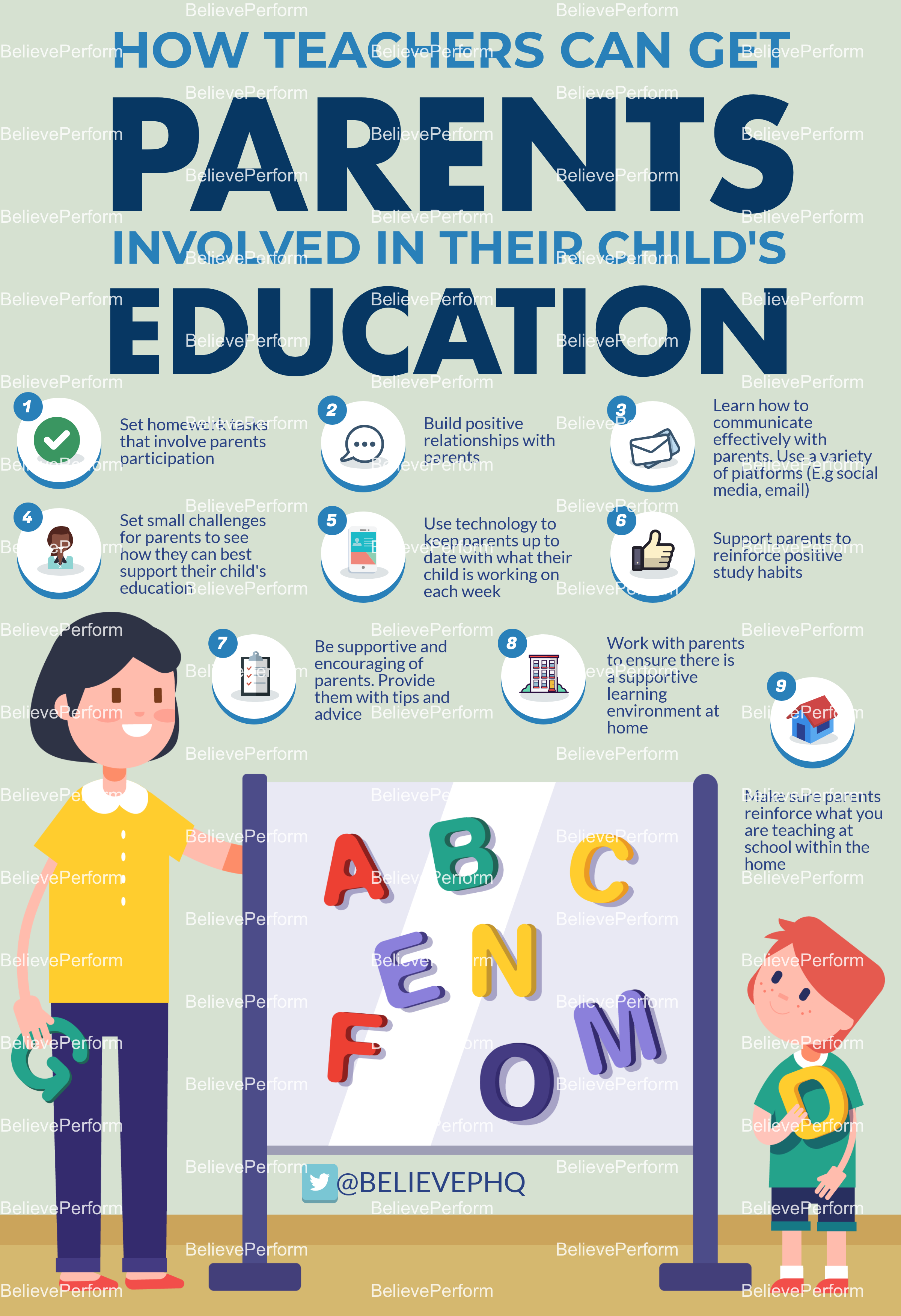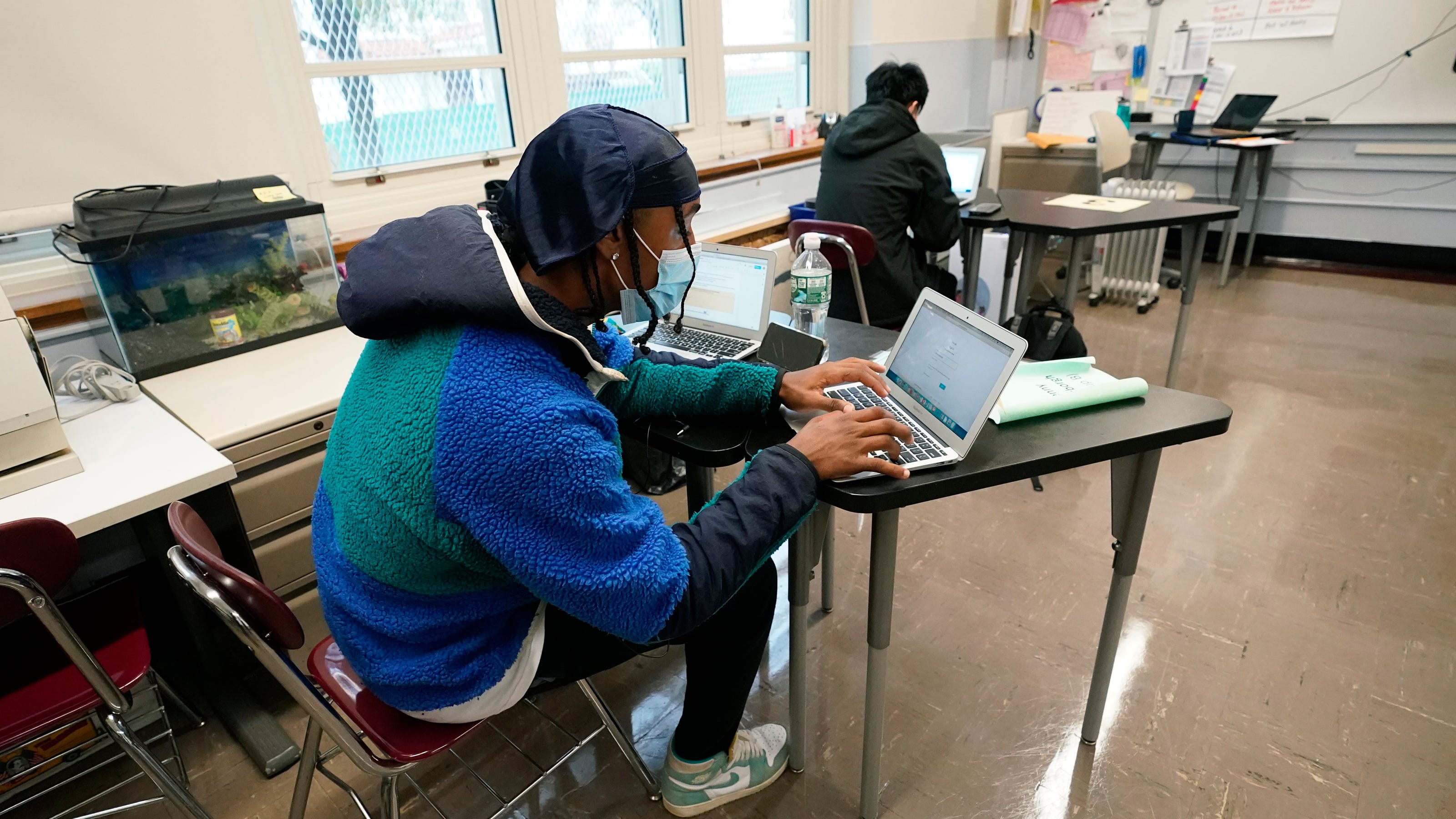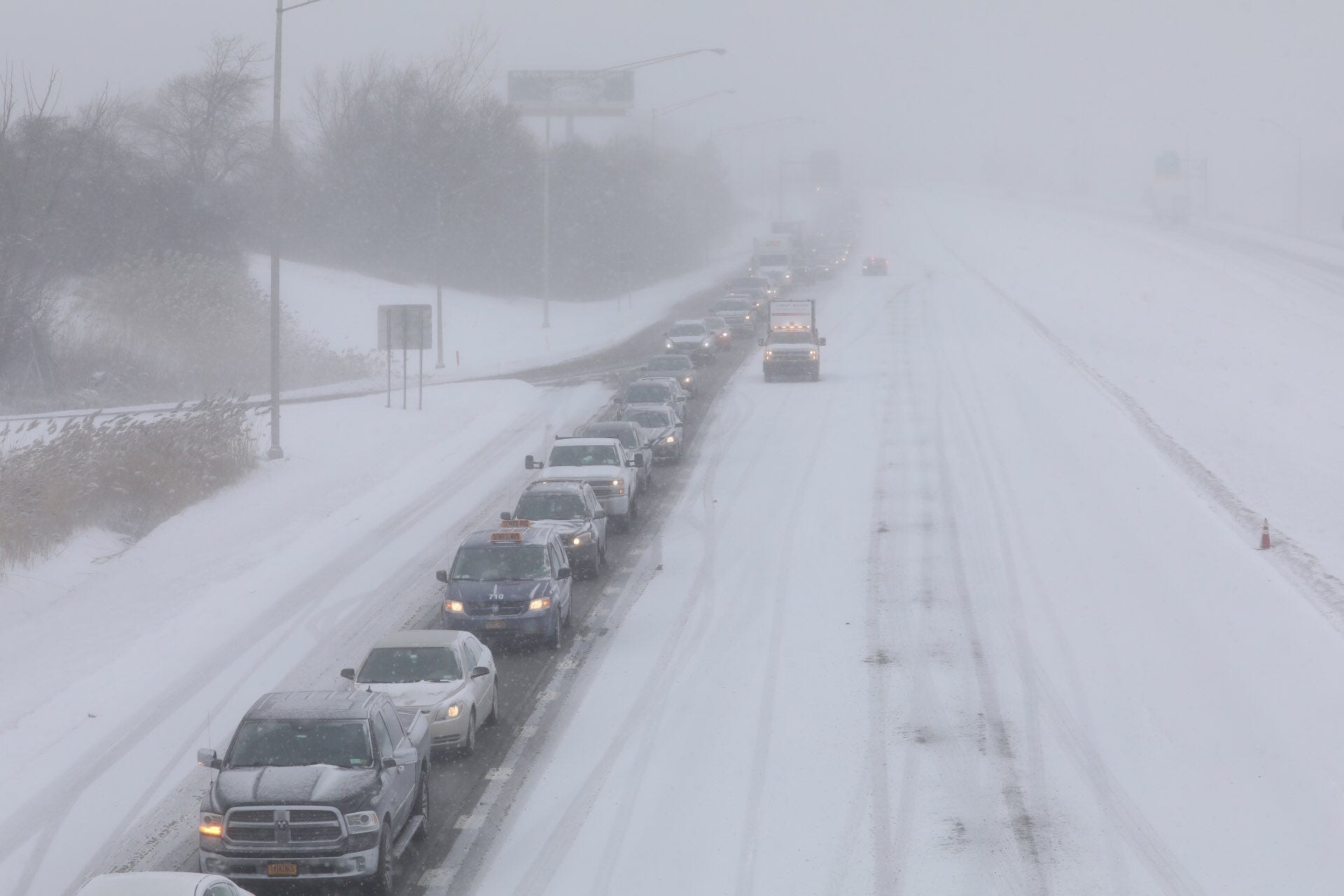School Closings: A Critical Concern for Parents and Students

How teachers can get parents involved in their child's education - The - Source believeperform.com
Editor's Note: Given the crucial impact of school closures on parents and students, we felt compelled to dedicate this up-to-date guide to unravel its essential information. Our team invested time in in-depth analysis and research to equip you with the knowledge necessary to navigate this challenging topic
This comprehensive guide on "School Closings: Essential Information For Parents And Students" aims to provide a clear and thorough understanding of the topic. We strive to cover the relevant aspects surrounding school closures, ensuring that parents and students are well-informed and prepared for potential school closures and their consequences.
Key Differences between School Delays and Closures
|---|---|
| Typically occur due to inclement weather or unforeseen circumstances | Result in the complete suspension of all school activities for the day |
| Students and staff may report to school at a later time | No school-related activities take place, including classes, extracurriculars, and transportation |
| May impact only specific areas or schools | Affect the entire school district or region |
Understanding the Importance of Timely School Closure Communication
FAQ
School closings can be a stressful time for parents and students alike. This FAQ section aims to provide essential information to help navigate these situations.

Pakistan School Closings Stir Confusion, and Fears of More Attacks - Source www.nytimes.com
Question 1: What are the most common reasons for school closures?
School closures can be prompted by various circumstances, such as inclement weather, public health emergencies, building maintenance, or safety concerns.
Question 2: How are decisions about school closures made?
Typically, school administrators consult with local authorities, emergency responders, and weather experts to assess the potential risks and make an informed decision.
Question 3: What types of support are available for students during school closures?
Many schools offer online learning platforms, homework assignments, and virtual support sessions to ensure students continue their education.
Question 4: Do school closures impact extracurricular activities and sports?
Yes, school closures may affect extracurricular activities and sports, as they rely on the availability of facilities and staff.
Question 5: Is there a limit on the number of days that schools can be closed?
State and local regulations may set limits on the number of school closure days. However, in extreme situations, such as extended weather emergencies, these limits may be exceeded.
Question 6: How can parents stay informed about school closures?
Parents should monitor local news stations, school websites, and social media platforms for timely updates on school closures.
By staying informed and understanding the reasons for school closures, parents and students can better prepare for these events. For more comprehensive information, refer to School Closings: Essential Information For Parents And Students.
Tips
When school closures are announced, it's essential for parents and students to stay informed and take necessary steps to ensure continuity of learning and safety. Here are some crucial tips to consider:
Tip 1: Check Official Sources for Updates
Stay informed about school closures and other important announcements by regularly checking school websites, social media channels, and local news outlets. These sources provide up-to-date information and dispel any rumors or misinformation.
Tip 2: Prepare Educational Resources
Schools often provide online learning platforms or distribute physical materials for students to continue their studies during closures. Ensure that you have access to these resources and create a designated study space for students to minimize distractions.
Tip 3: Establish a Daily Routine
Maintain a structured routine during school closures, including specific times for studying, breaks, and extracurricular activities. This helps students stay focused, develop self-discipline, and prevent boredom.
Tip 4: Stay Connected with Teachers and Classmates
Encourage students to engage with their teachers and classmates through online platforms or virtual meetings. This interaction fosters collaboration, provides academic support, and keeps students connected to the school community.
Tip 5: Take Care of Physical and Mental Health
School closures can disrupt regular routines and lead to anxiety or stress. Prioritize physical activity, healthy nutrition, and sufficient sleep. Encourage students to engage in stress-reducing activities such as reading, art, or exercise.
Tip 6: Consider Remote Learning Options
If school closures are prolonged, consider exploring remote learning options such as online courses or virtual schools. These programs provide structured educational experiences and allow students to progress with their studies.
Tip 7: Manage Screen Time and Social Media
While technology plays a vital role in remote learning, it's essential to regulate screen time and ensure that students engage in meaningful online activities. Encourage them to take breaks from screens, engage in face-to-face interactions, and use social media responsibly.
Tip 8: Stay Positive and Communicate Regularly
School closures can be challenging for all involved. Maintain a positive attitude and communicate openly with students about their concerns or difficulties. By providing support and reassurance, you can help them cope with the transition and continue their learning journey.
Remember, school closures are temporary measures to ensure the health and safety of our communities. By following these tips, parents and students can navigate the challenges and maintain educational continuity during these exceptional circumstances.
School Closings: Essential Information For Parents And Students
School closures are a reality that parents and students need to be prepared for. While the reasons for school closures can vary, the impact on students' education and daily routines can be significant. It is essential for parents and students to be aware of the different factors to consider during school closures to ensure a smooth transition and minimal disruption to their education.

School closings: COVID cases surge. Teachers are sick. Back to online? - Source www.usatoday.com
- Communication: Stay informed through official school websites, emails, and social media.
- Virtual Learning: Prepare for online learning platforms and access to necessary technology.
- Homework and Assignments: Stay organized and complete assignments on time to maintain academic progress.
- Mental Health: Address mental health concerns during isolation and seek support if needed.
- Extracurricular Activities: Explore alternative ways to participate in extracurricular activities or clubs virtually.
- Special Needs: Ensure that students with special needs continue to receive appropriate support and accommodations.
These key aspects provide a comprehensive framework for parents and students to navigate school closures effectively. From staying connected through communication channels to maintaining academic progress through virtual learning, and ensuring mental well-being during isolation, these considerations are crucial for minimizing the impact on students' education and daily lives. It is important for schools, parents, and students to work together to create a supportive environment that fosters continued learning and growth during school closures.
School Closings: Essential Information For Parents And Students
School closures are a major disruption to the education of students. They can have a negative impact on student achievement, social development, and mental health. Closures also place a significant financial burden on families and communities. It is important for parents and students to be aware of the essential information regarding school closings so that they can make informed decisions about how to handle them.

Rochester weather: School closings, cancellations and delays - Source www.democratandchronicle.com
There are a number of reasons why schools may be closed. Some of the most common reasons include inclement weather, power outages, and health emergencies. In the event of a school closing, parents should be notified as soon as possible. Schools will typically use a variety of methods to notify parents, such as phone calls, emails, and text messages.
When a school is closed, parents need to make arrangements for their children. Some parents may be able to stay home with their children, while others may need to find alternative childcare. There are a number of resources available to help parents find childcare, such as local community centers and churches.
School closings can be a stressful time for parents and students. However, by being prepared and informed, parents can help their children to cope with the disruption and to continue learning.
Here is a table with some additional information about school closures:
Conclusion
School closings can have a significant impact on students, families, and communities. It is important for parents and students to be aware of the essential information regarding school closings so that they can make informed decisions about how to handle them. By being prepared and informed, parents can help their children to cope with the disruption and to continue learning.
School closings are a complex issue with a number of causes and consequences. It is important to understand the causes and effects of school closings in order to develop effective policies and strategies to address them.
